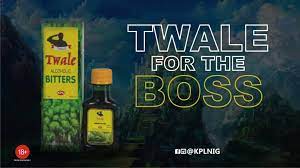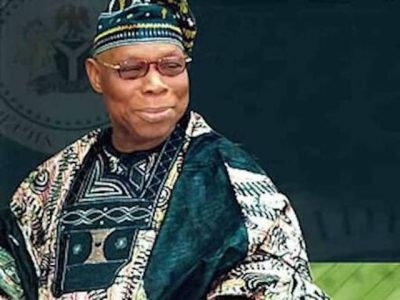The Nigeria Labour Congress, NLC, on Sunday listed the various challenges and successes of the Nigerian government in 2017 as they affect workers.
The NLC in a New Year message by its president, Ayuba Wabba, said 2017 “proved to be one of the most difficult for most Nigerians in recent history.”
The congress listed some of the challenges as non-payment of workers and pensioners’ entitlements, fuel scarcity, and absence of a reviewed minimum wage.
“We call on the federal government to therefore take further bold measures to address the above-mentioned challenges to enhance an improved situation in these areas in 2018,” Mr. Wabba said in the message sent to Premium Times.
Read the full statement by Mr. Wabba below.
WE SHALL HOLD GOVERNMENT ACCOUNTABLE IN THE NEW YEAR
Being the text of the New Year message of the President of the Nigeria Labour Congress, Ayuba Wabba.
PREAMBLE
On behalf of the National Executive Council of the Nigeria Labour Congress, I wish to congratulate Nigerian working people and pensioners for their resilience in surviving and pulling through the year 2017, which proved to be one of the most difficult for most Nigerians in recent history.
The previous year saw the working people, pensioners and other Nigerians facing series of daunting socio-economic and security challenges, even though we had hoped that the year would offer succour for the masses of the people.
SOCIO-ECONOMIC SITUATION OF WORKERS
The deplorable economic situation in the outgone year is aptly captured by the statistics recently released by the National Bureau of Statistics (NBS) which indicated that over 4 million Nigerians lost their jobs in 2017.
Against the background of the campaign promise of the ruling All Progressives Congress (APC) government to create three million jobs annually, this statistics from the NBS underscores the grave and depressing situation of the Nigerian economic landscape in 2017.
Rather than work to create jobs and improve the condition of Nigerian working people and Nigerians in general, leading elements in the ruling APC government, like Governor Nasir el-Rufai, have been taking measures to further chastise and ruin Nigerians by throwing tens of thousands of workers into the already saturated unemployment market and wretchedness.
In the same vein, despite the huge revenue that the states have received through the Federal Government intervention funds to clear arrears of unpaid salaries and pensions in many states of the federation, coupled with additional payment of three tranches of windfall, (Paris Club debt refunds), states like Kogi, Osun, Benue, Ekiti, Bayelsa and several others entered 2018 with huge arrears spanning up to ten (10) or more months of wages and pensions.
Under these conditions, Nigerian workers, pensioners and their families remained the most despondent group in an economy that even the well-to-do are groaning and struggling to survive. No wonder, our country is one of the worst, known for having many hungry people in the world according to the World Hunger Index report 2017.
FUEL SCARCITY AND THE PETROLEUM INDUSTRY
In the last three weeks, Nigerians have witnessed one of the worst shortages in the supply of petrol in the history of the country. This is in spite of Federal Government’s repeated claim that with the complete removal of subsidy on petroleum products, scarcity of petroleum products would become a thing of the past.
We have therefore in the last few weeks watched with dismay the unfortunate blame game, accusations and counter accusations between petroleum marketers: Major Oil Marketers Association of Nigeria (MOMAN), Independent Petroleum Marketers Association of Nigeria (IPMAN), Depot and Petroleum Products Marketers Association (DAPPMA), and the Nigerian National Petroleum Corporation (NNPC), on who is responsible for the current scarcity.
For us in the Congress, our position with regard to the prevailing situation in the petroleum industry remains constant, which is that the crisis in the industry is squarely due to the inability or refusal of our ruling elite to REFINE ALL OUR PETROLEUM NEEDS IN NIGERIA. We are the only major producer of crude oil in the world that depends on importation of refined products from abroad. As long as this remains the case, Nigerians would continue to be subjected to this intermittent scarcity.
Read More: Premium Times NG













